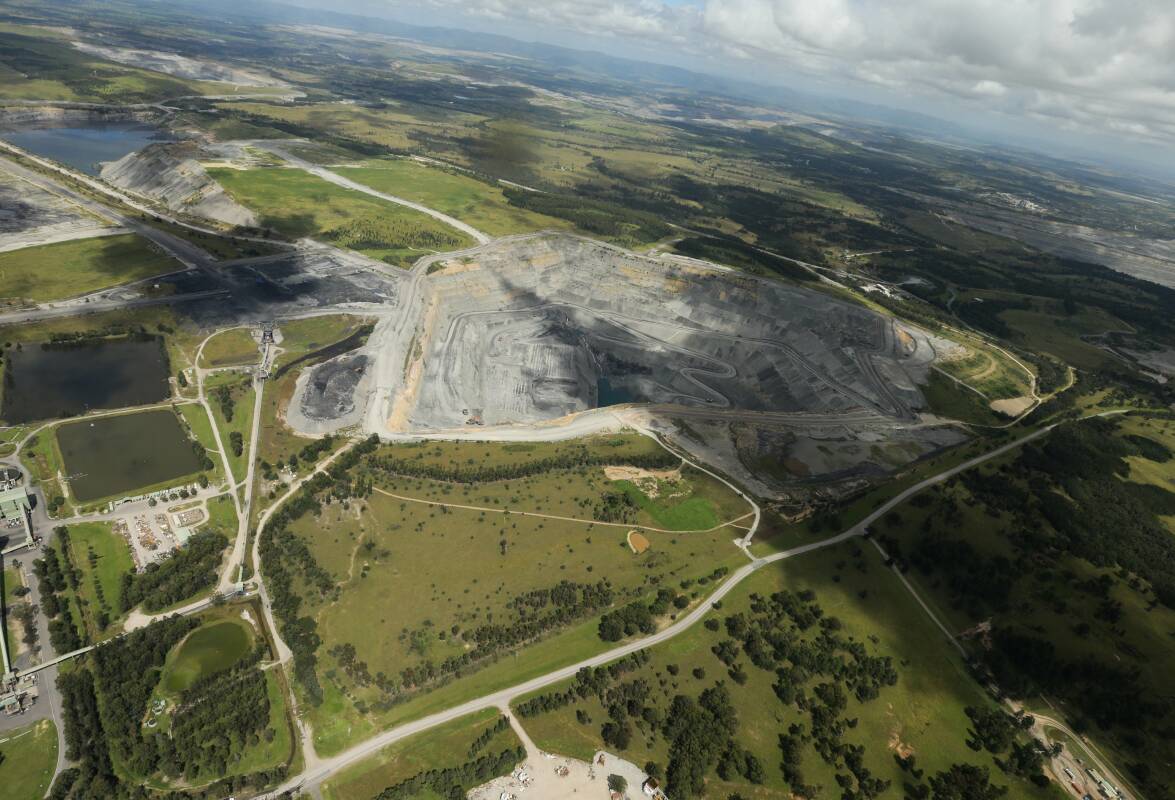
Glencore, the Hunter Valley's biggest coal miner, is in trouble. A growing proportion of global investors refuses to buy shares in companies with thermal coal interests, or lend them money. Analysts say Glencore's share price would be significantly higher if it didn't operate thermal coal mines. Yet, on the back of Russia's invasion of Ukraine, record prices for thermal coal are delivering windfall profits to Glencore. Glencore has a dilemma: coal, or no coal.
The problem has been brewing for ages. Scientists have been warning for decades of climate change impacts from burning coal to generate electricity. The ESG investment movement - signifying concern for environment, society and governance issues - has been growing. ESG principles are now widespread in the business community. Firms know that commitment to ESG principles is demanded by employees, shareholders, host communities and the governments that regulate business operations. Without genuine commitment a firm loses its social licence to operate.
BHP, Australia's largest company, is mindful of the need to maintain a social licence to operate. Slowly, but surely, it is shedding its coal interests. BHP's giant Mt Arthur open-cut operations are on a pathway to permanent closure by 2030. They won't be sold to a new operator. And in the world of ESG principles and the need for a social licence to operate, BHP's public image needs careful attention. BHP's current national media campaign is called "The future is clear". TV ads show a company keenly aware of the threat of climate change. The ads show BHP's shift to transition metals, the materials needed to build the energy generators and appliances needed in low-carbon economies.
Glencore, a Swiss-UK company, is similarly engaged in a national media campaign. Glencore's campaign catch-cry is "Advancing everyday life" and its TV ads mimic the BHP campaign, showing low-carbon, environmentally-friendly operations to move the world towards to a sustainable future.
Unlike BHP, however, Glencore is entrenched in thermal coal. According to analysis last week in the UK's Financial Times, Glencore is the world's second largest thermal coal producer outside of China, runner-up to Coal India Ltd. Glencore mined over 100 million tonnes of thermal coal in 2022 worldwide, with around half of this coming out of Hunter Valley quarries, including Ulan.
Freed from coal, and specialising in metal ores, Glencore's share prices would likely rise substantially on the back of re-appraisals by large investment funds, while the cost of financing Glencore's substantial pile of debt would fall. It was not a surprise, then, to read in the Financial Times that Glencore's CEO Gary Nagle has committed to spin off all Glencore's thermal coal assets by 2025.
Such divestment would be huge for the Hunter Valley. Glencore claims a Hunter Valley workforce of 6320, with 3040 suppliers, and a taxes and royalties tab of $3.6 billion. A number of options can be envisaged. One is a spin-off of the mines into a separate coal company, like BHP did with its Newcastle rolling mills via OneSteel. For Glencore, this might involve a merger with the coal operations of another divesting miner. Glencore admits to such talks with Canadian firm Teck Resources.
Another option is the sell-off of Glencore's Hunter mines to a range of buyers, like Rio Tinto did when it exited coal mining in the Hunter in 2017-18. Buyers could be expected from nations dependent on coal for electricity production, like China and India.
There would also be the usual cowboys in a queue of buyers, keen to land an under-priced pit, to run it into the ground using contractors, and lock the gates and disappear behind a sheaf of two-dollar holding companies registered in the Bahamas.
Interestingly, any transfer of Glencore's Hunter coal mining leases would require state government approval. Any sale into foreign hands would require Foreign Investment Review Board approval. Yet I can find no precedent where these approvals have been denied in respect to an Australian coal mine.
It's scary to read the Glencore story in the foreign financial press. It's worrying that Glencore's hard decisions appear not to be of concern (yet) to our local Labor politicians, or to our state and federal Labor ministers. Apparently, it's clever strategy for Labor not to mention the C word.
- Phillip O'Neill is professor of economic geography at Western Sydney University.







